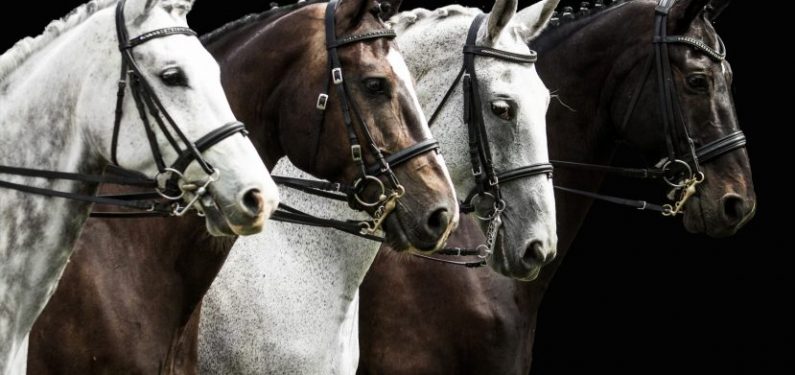
3 Reasons Why Horse Owners Should Consider Equine Major Medical Insurance
November 19, 2020Many equestrians devote large sums of hard-earned money to their love for horses. This comes in the form of property, farm equipment, tack, show expenses, and training bills. Another large capital expenditure when it comes to horse ownership is the cost of purchasing the horse itself. For this reason, many horse owners recognize the need to insure the investment into their horse in the event of its unfortunate death. A policy that pays a horse owner if their horse dies unexpectedly is called an Equine Mortality Policy and Equine Major Medical Insurance is a valuable add-on.
An Equine Mortality policy is an affordable way to protect the initial financial investment in a valuable horse, but it only goes so far when it comes to comprehensively insuring for all types of possible or probable financial losses relating to horse ownership. That is why horse owners should make some serious considerations with regard to other types of horse insurance that are available and can be added to a mortality policy to provide better protection from financial loss. Equine Major Medical Insurance is one of those coverages.
Here are a few reasons why horse owners should consider Equine Major Medical coverage as an add-on to their Equine Mortality insurance policy:
1. Vet Expenses Are Costly and Unpredictable
Veterinary costs for simple annual maintenance can be expensive. But, if your horse sustains an injury or comes down with an illness or disease, the veterinary costs can become insurmountable quite quickly. Equine Major Medical coverage does not pay for routine veterinary care, but it does offer payment for unforeseen and uncommon veterinary expenses that arise from situations where your horse is injured or becomes ill.
These are the big costs that can’t be planned or budgeted for in the same way as routine vet care can be. That is why Major Medical coverage can provide valuable protection that helps you to afford these expenses and keeps them from coming out of your own pocket. It is far easier to budget, annually, for an insurance premium than it is to figure out where thousands of dollars of vet expenses will come from to pay for that unplanned or unforeseen injury or illness.
2. Major Medical Ensures Your Horse Can Receive Proper Care
Having Major Medical coverage as an add-on to your Equine Mortality policy helps to ensure that you can afford the best care possible for your horse when something goes wrong. It can make an otherwise hard decision about treatment options versus the affordability of such much easier to make. Knowing you have insurance coverage to cover the cost of vet care makes treatment more about your horse and less about the financial implications of it.
3. An Equine Mortality Policy Creates a Requirement for Treatment
Most equine owners will go to great lengths to get their horse the care that it needs to recover from an illness, injury, or disease. But, the reality is that there are circumstances where the cost of the treatment may exceed the owner’s ability to pay, and difficult decisions have to be made. This is always a hard circumstance to find oneself in as a horse owner and unfortunately, it is not uncommon.
What equestrians need to realize is that when they buy an Equine Mortality Policy, the terms of the policy state that the policyholder agrees to provide immediate veterinary care and notice to the insurance company upon first discovery of an illness or injury in order to be able to collect a payment if the horse subsequently dies. Failure in the duty to provide care can void an Equine Mortality claim payment.
For example, imagine a horse is experiencing bad colic symptoms and the vet is called to the stable. Upon examination, the vet determines that the blockage must be removed surgically. While there are no guarantees the horse will survive the colic surgery, the owner of the horse may be compelled to pay for this surgery out-of-pocket in order to fulfill the terms of the Equine Mortality policy.
Failure to provide the care could jeopardize the Mortality coverage. If Major Medical coverage was added to the Mortality Policy, the cost of the surgery would be paid, up to the Major Medical limit. In this case, if the horse did not survive the surgery, a Mortality claim payment would also be made.
These are just a few reasons why horse owners should consider equine major medical insurance. If you are considering the purchase of an Equine Mortality policy, ask your independent agent about the costs associated with the various types of Medical coverage add-ons, such as Equine Major Medical and Surgical Coverage.
This can be a valuable means to protect your financial investment in your equine companion and will ensure that you can afford to offer your horse the type of care that it deserves. To receive a quote for Equine Mortality and Major Medical coverage, give one of our experienced equine insurance agents a call at 1-800-537-6880 or at 717-665-2283.
Disclaimer: Information and claims presented in this content are meant for informative, illustrative purposes and should not be considered legally binding.

